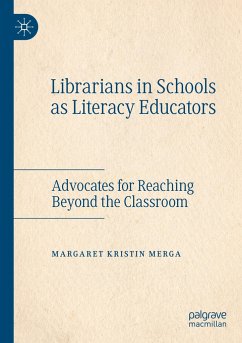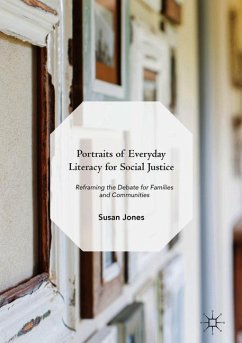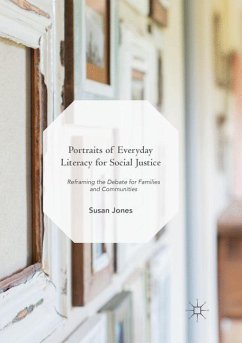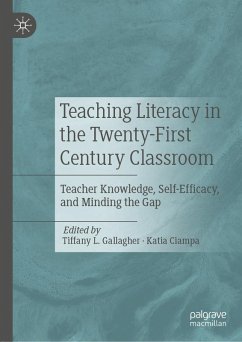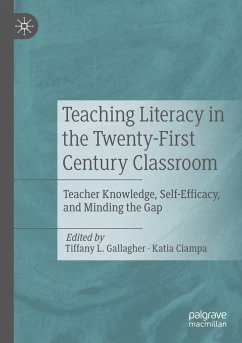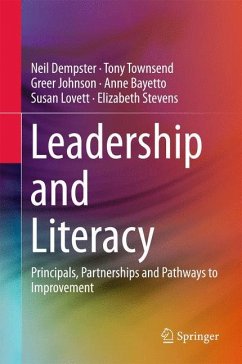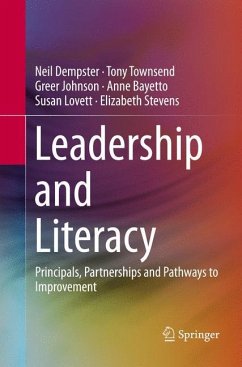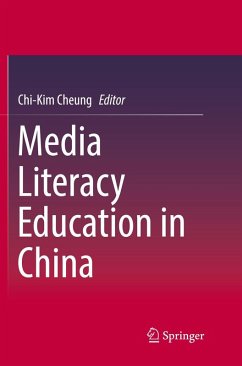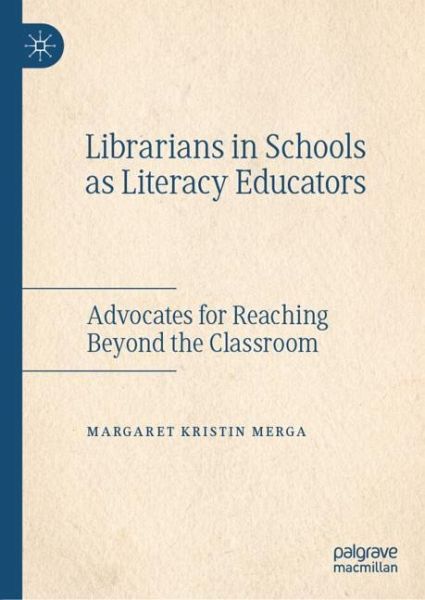
Librarians in Schools as Literacy Educators
Advocates for Reaching Beyond the Classroom
Versandkostenfrei!
Versandfertig in 6-10 Tagen
61,99 €
inkl. MwSt.
Weitere Ausgaben:

PAYBACK Punkte
31 °P sammeln!
This book explores the role that librarians play within schools as literacy leaders. While librarians working in schools are generally perceived as peripheral to the educational experience, they can in fact provide significant support in encouraging children's literacy and literature learning. As the need for strong functional literacy becomes ever more important, librarians who support literacy are often invaluable in achieving various academic, vocational and social goals. However, this contribution often seems to be overlooked, with funding cuts disproportionately affecting librarians. Buil...
This book explores the role that librarians play within schools as literacy leaders. While librarians working in schools are generally perceived as peripheral to the educational experience, they can in fact provide significant support in encouraging children's literacy and literature learning. As the need for strong functional literacy becomes ever more important, librarians who support literacy are often invaluable in achieving various academic, vocational and social goals. However, this contribution often seems to be overlooked, with funding cuts disproportionately affecting librarians. Building on recent research from Australia, the USA and the UK, the author examines the role that librarians may play as literacy educators in schools in order to make visible their contributions to the school community. In doing so, this book urges for greater recognition and support to school libraries and their staff as valuable members of the school community.





